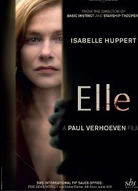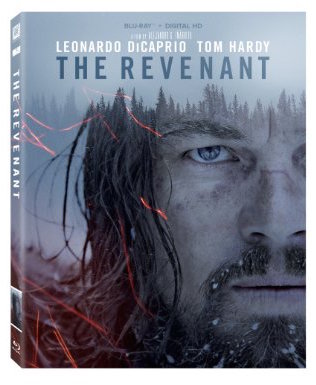Red Carpet Lineup: Cannes Best Actress Watch
 Wednesday, May 18, 2016 at 5:06PM
Wednesday, May 18, 2016 at 5:06PM We'll update the Oscar charts when Cannes wraps up but for now let's talk about the buzziest actresses of the festival. We should note, however, that Cannes juries are notoriously hard to predict and there are still a few competition films left to premiere. What's more, every year people say "this is a shoo in for that!" and it does not come to pass -- especially when it comes to the acting prizes.
But here are five gorgeous and talented actresses at their premieres* who have garnered enough buzz to make us go "hmmmmm"

From left to right...
Sandra Hüller stars in the nearly 3 hour comedy Toni Erdmann about a prank loving father and his overly serious daughter. The film comes from German director Maren Ade who had a critical hit several years back with Everyone Else (2009). Hüller's chief claim to fame is the drama Requiem (2006) for which she won Best Actress in Germany.
Ruth Negga, best known to date for her television work in the UK and in the US, definitely has Oscar buzz for the 50s interracial marriage drama Loving (alongside screen husband Joel Edgerton) but Oscar buzz is only rarely equivalent to Cannes buzz so only the jury knows if this is one of those times. Loving comes to US theaters in November.
 Isabelle Huppert stars in Paul Verhoeven's revenge thriller Elle (*which has not yet premiered from my understanding). But ahead of its premiere Sony Pictures Classics picked it up for distribution and word on the performance is hot. That said, until tastemakers truly get a look at it we can't know if that's just PR buzz or something deeper, like another milestone in her legendary career. Huppert has never been Oscar nominated -- she probably frightens the Academy -- but it may surprise you to hear that the equally controversial Verhoeven has, for all intents and purposes. One of his earliest films, Turkish Delight (1973) was nominated for Best Foreign Language Film. Yes, yes, technically that nomination belongs to the Netherlands rather than to Verhoeven himself but we think of it as also belonging to the director since generally speaking the directors are the ones that pick up the statue and say their thank yous. Verhoeven hasn't made a full length feature since his terrific uncomfortably sexy World War II thriller Black Book (2006) so we'll await this with eager eyeballs.
Isabelle Huppert stars in Paul Verhoeven's revenge thriller Elle (*which has not yet premiered from my understanding). But ahead of its premiere Sony Pictures Classics picked it up for distribution and word on the performance is hot. That said, until tastemakers truly get a look at it we can't know if that's just PR buzz or something deeper, like another milestone in her legendary career. Huppert has never been Oscar nominated -- she probably frightens the Academy -- but it may surprise you to hear that the equally controversial Verhoeven has, for all intents and purposes. One of his earliest films, Turkish Delight (1973) was nominated for Best Foreign Language Film. Yes, yes, technically that nomination belongs to the Netherlands rather than to Verhoeven himself but we think of it as also belonging to the director since generally speaking the directors are the ones that pick up the statue and say their thank yous. Verhoeven hasn't made a full length feature since his terrific uncomfortably sexy World War II thriller Black Book (2006) so we'll await this with eager eyeballs.
Kristen Stewart starred in the opening night film Café Society (reviewed here) but she's also the lead of the polarizing ghost story of some sort (we're trying not to read reviews) called Personal Shopper. It's been both booed and raved. Will the jury love it or hate it? It's worth noting that her last duet with Assayas (Clouds of Sils Maria) nabbed her the best reviews of her career, multiple awards notices, and the French César.
 the ever gorgeous Sonia Braga
the ever gorgeous Sonia Braga
Finally, there's the enduring 65 year old star Sonia Braga who headlines the Brazilian picture Aquarius. It's getting the kind of reviews that leave us salivating, both because of a juicy lead role for this fine actress (who Oscar totally stiffed in 1985 for her prismatic fascinating star turn in Kiss of the Spider Woman), and for the possibility that Brazil could make some headway in the Oscar race. Consider this tweet from our friend Tim Robey:
AQUARIUS: so moving, deepens so intelligently, ends so brilliantly, and has an exact moment when you see Sonia Braga get Oscar-nominated.
— Tim Robey (@trim_obey) May 17, 2016
Brazil hasn't received a foreign language film nomination since Central Station (1998, a category they should have won) and they've yet to win the Oscar. The director of Aquarius, Kleber Medonça Filhou was previously submitted by Brazil for Neighboring Sounds (2013, reviewed).
Do you want to place any bets on the Jury prizes this year?


















